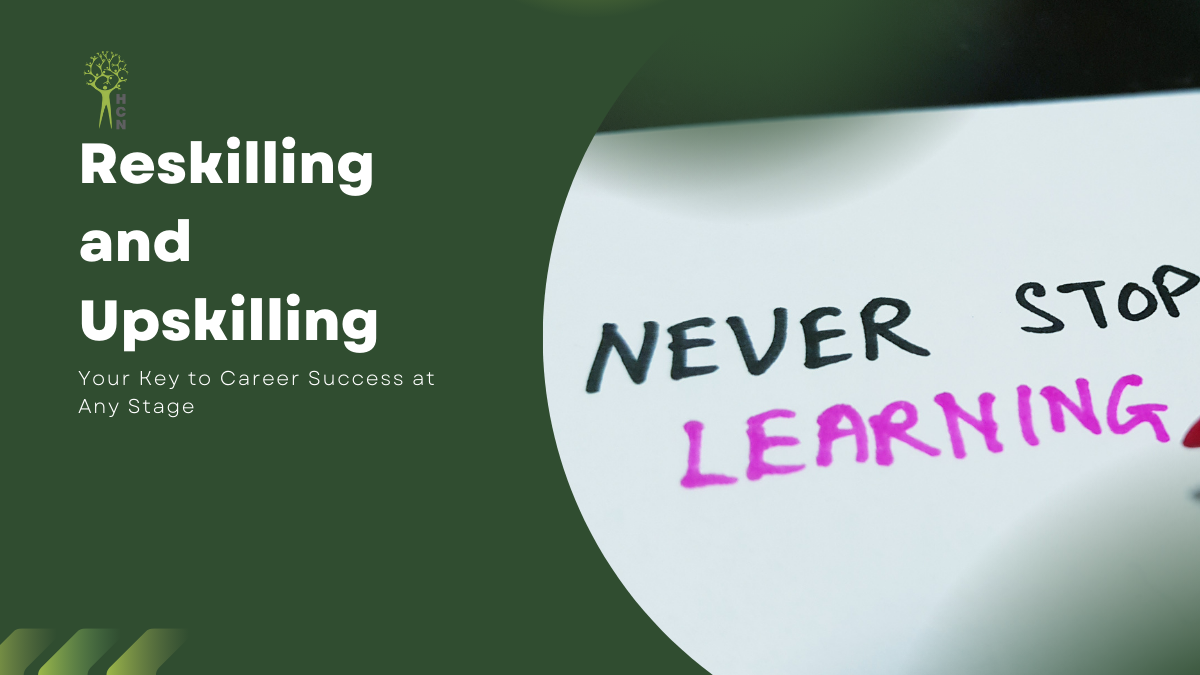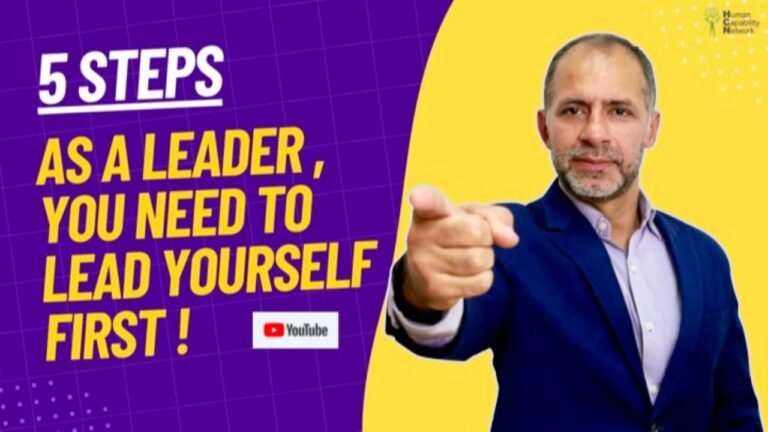Ask yourself, when was the last time you took up any skill development on your own? If you’re struggling to remember, you’re not alone. In today’s rapidly evolving work environment, however, this approach could be holding you back. Continuous learning isn’t just a nice-to-have—it’s essential for career growth and job security.
Whether you’re a fresh graduate, a mid-level manager, or a seasoned executive, reskilling and upskilling can propel your career forward. The World Economic Forum predicts that by 2025, 50% of all employees will need reskilling due to the adoption of new technologies. This stark reality underscores the importance of taking charge of your own learning journey.
The importance of reskilling and upskilling cannot be overstated. Staying relevant in a world where industries evolve rapidly is crucial. A diverse skill set not only boosts your employability but also increases job satisfaction. Learning new skills can reignite passion for your work and prepare you for unexpected career shifts. According to a LinkedIn report, 94% of employees say they would stay at a company longer if it invested in their learning and development.
Why Reskill and Upskill?
- Stay Relevant: Industries evolve rapidly; your skills should too
- Boost Employability: Diverse skill sets make you more valuable
- Increase Job Satisfaction: Learning new skills can reignite passion for your work
- Adapt to Change: Be prepared for unexpected career shifts
Reskilling and Upskilling for Different Career Stages
1. Fresh Graduates/Young Professionals
Focus: Building a strong foundation
Key Areas: Technical skills relevant to your field, basic business acumen
Tools: LinkedIn Learning, Coursera, industry-specific certifications
Tip: Seek mentorship opportunities within your organization
2. Mid-Level Professionals
Focus: Deepening expertise and broadening skill set
Key Areas: Advanced technical skills, leadership, project management
Tools: edX MicroMasters programs, professional association courses
Tip: Take on cross-functional projects to diversify your experience
3. Senior Executives
Focus: Strategic thinking, emerging trends
Key Areas: Digital transformation, AI in business, global economics
Tools: Executive education programs, industry conferences
Tip: Mentor younger colleagues to stay connected with emerging workforce trends
A survey by the National Association of Colleges and Employers found that 80.1% of employers seek candidates with strong leadership skills, while 78.9% look for those who can work well in teams. Communication, adaptability, emotional intelligence, and critical thinking are all highly valued.
Tools for Developing Behavioral Skills:
- Toastmasters: Improve public speaking and leadership
- MindTools: Online resources for various soft skills
- VirtualSpeech: VR-based soft skills training
Making Learning a Daily Habit
The key to effective upskilling is consistency. Here’s how to make learning part of your routine:
- Set Micro-Goals: Break down learning into small, daily tasks
- Use the 5-Minute Rule: Start with just 5 minutes of learning daily
- Learn During Downtime: Use commutes or lunch breaks for quick lessons
- Apply Immediately: Use new skills in your daily work
- Reflect Weekly: Review what you’ve learned and how you’ve applied it
Practical Tools for Continuous Learning
- Blinkist: Summarizes non-fiction books in 15-minute reads
- Duolingo: Quick, gamified language learning
- Pocket: Save articles to read later, turning idle time into learning time
- Todoist: Task manager to track your learning goals
- Forest: App that helps you focus during learning sessions
Measuring Your Progress
- Skills Assessment: Use LinkedIn Skills Assessments or industry-specific tools
- 360-Degree Feedback: Ask colleagues for input on your growth
- Personal Projects: Apply new skills in side projects
- Career Milestones: Track promotions, new responsibilities, or role changes
Companies value employees who take initiative in their own development. A study by Deloitte found that organizations with a strong learning culture are 52% more productive and 17% more profitable than their peers.
Show your commitment to growth by sharing your learning goals with your manager, applying new skills to solve work challenges, and proposing training programs that could benefit your team.
Remember, the most successful professionals are those who never stop learning. By making reskilling and upskilling a part of your daily routine, you’re not just preparing for the future—you’re actively shaping it. Start today by choosing one skill you want to develop.
Find a relevant resource and commit to just 5 minutes of learning. Your future self will thank you for taking that first step.
I hope this article helped you understand the importance of Reskilling and Upskilling.
If you have any questions or suggestions, feel free to use the comment section.
Follow us on YouTube and Instagram for more such content.
Thank you for reading!


